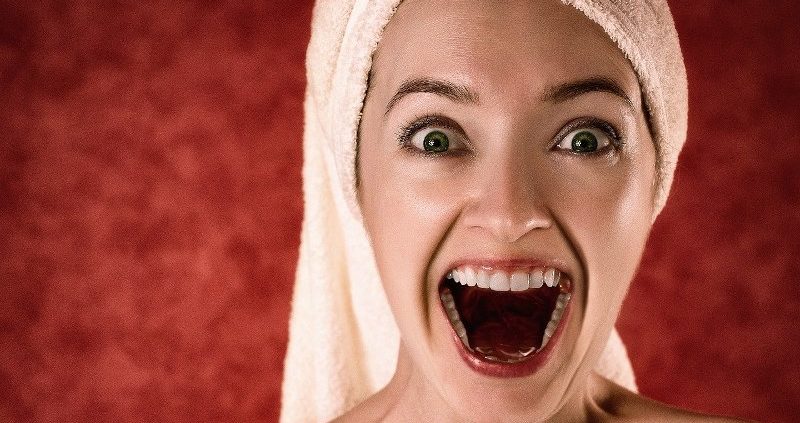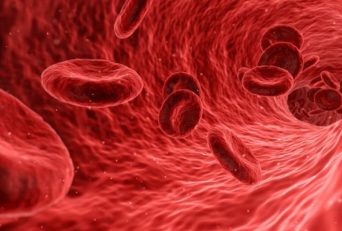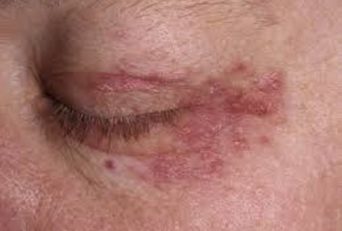If you usually wake up with a headache or a sore jaw every morning, the culprit may be bruxism. Studies show that people who grind or clench their teeth while sleeping are three times more likely to experience headaches upon waking up. Aside from an aching head that begins in the temple, another most common symptom is temporomandibular joint (TMJ) discomfort.
These two symptoms are typically accompanied by oral and facial issues, such as:
- Abnormal tooth wear
- Chipped or loose teeth
- Fractured teeth with inflammation
- Tooth indentations on the tongue
- Recession of gums
- Raised tissues on the inner part of the cheek due to biting
- Tooth sensitivity due to deteriorating enamel
- Jaw soreness or stiffness of the jaw muscles
- Ear pain
- Enlargement of the jaw muscles
Table of Contents
Why do you need to see your doctor immediately?
You should visit a medical or dental specialist if your partner is already complaining about the annoying loud gnashing sound at night or you are experiencing several symptoms that impact your well-being.
Your doctor or dentist will enlighten you about bruxism and recommend ways to manage it. Keep an open as you talk about the problem and bruxism treatment options. It is vital to learn safe and effective techniques that prevent more serious issues. Although teeth grinding does not have an aggravating complication, the signs and symptoms need to be contained.
How does bruxism affect oral health?
The clenching force that you unconsciously do while sleeping is three times higher than regular chewing. Your teeth receive this extreme force and lead to tooth damage. Because you are unaware, you cannot control teeth grinding. You only see the visible signs that impact your oral health.
What are the risk factors that can cause bruxism?
It is believed that the most common cause of teeth grinding is anxiety or stress. The more chronic it is, the more it will worsen the teeth clenching episodes at night. It happens because your muscles are tight and knotted. As you keep the emotions inside, you will notice that you tend to clench your jaw a lot during the day. At night, your jaw muscles suffer the brunt and respond by doing involuntary or unconscious movement that leads to grinding.
Other factors are:
- Alcohol and caffeine consumption
- Prescriptive drugs such as antidepressants, amphetamines, and antipsychotic medication
- Cocaine and other recreational drugs
- Smoking
- Snoring
- Obstructive Sleep Apnea and other types of sleep disorder
- Neurological conditions like Parkinson’s disease
Prevention and treatment for bruxism
While no cure will make you stop teeth grinding, there are effective ways that help in coping up and managing bruxism.
Prevention
- Wear a mouthguard. Visit your dentist and ask for a mouthguard or nightguard. It is a mandibular advancement device that is customised to fit the teeth structure. The mouthguard protects your teeth from further damage and reduces jaw muscle discomfort.
- Stay relaxed. About 70% of people with sleep bruxism suffer from chronic anxiety or stress. If your bruxism is stress-related, you should learn relaxation techniques like meditation and mindfulness exercise. Taking a bubble bath or hot shower, relaxing before bedtime, and releasing all the day’s negativity also help. Regular physical workout also alleviates stress and contributes to a better good night’s sleep.
- Jaw massage. Like a nice warm bath, a jaw massage soothes the muscle tension. All it takes is to rub the jaw and neck before bedtime. Jaw massage can lessen the occurrence of teeth clenching.
- Live a healthy lifestyle. Unhealthy life choices and habits can aggravate bruxism or cause its onset. By establishing a healthy and stress-free routine, you can prevent or minimize teeth grinding. Being aware of your condition is the key to living a healthier lifestyle.
Treatment
There are several treatments for bruxism. Some are conventional methods like hypnotherapy, relaxation and awareness techniques, stress management therapy, and cognitive behavior therapy. Counseling is also recommended to relieve the impact of stress and anxiety.
Medications also help on a short-term basis. However, they do not cure bruxism. Muscle relaxants will only lessen teeth grinding and help you sleep better.
Some cases may require a reductive coroplast, a dental procedure that levels or reshapes the dental surface. This is effective for people with misaligned, crooked, or crowded teeth, which contribute to teeth clenching.
For severe cases, bruxism treatment can be a Botox injection. It is a safe and quick procedure that significantly reduces teeth grinding as it relaxes the jaw muscles.
A wide jaw treatment is essential for people who are showing signs of jaw enlargement. These treatments prevent further damage to the masseter muscle.
Finding the best bruxism treatment to help you stop the constant occurrence of teeth grinding is vital to your oral health and general well-being. Whether you prefer conventional techniques or medical interventions, your goal is to manage bruxism, correct the damages, and prevent further health problems.





